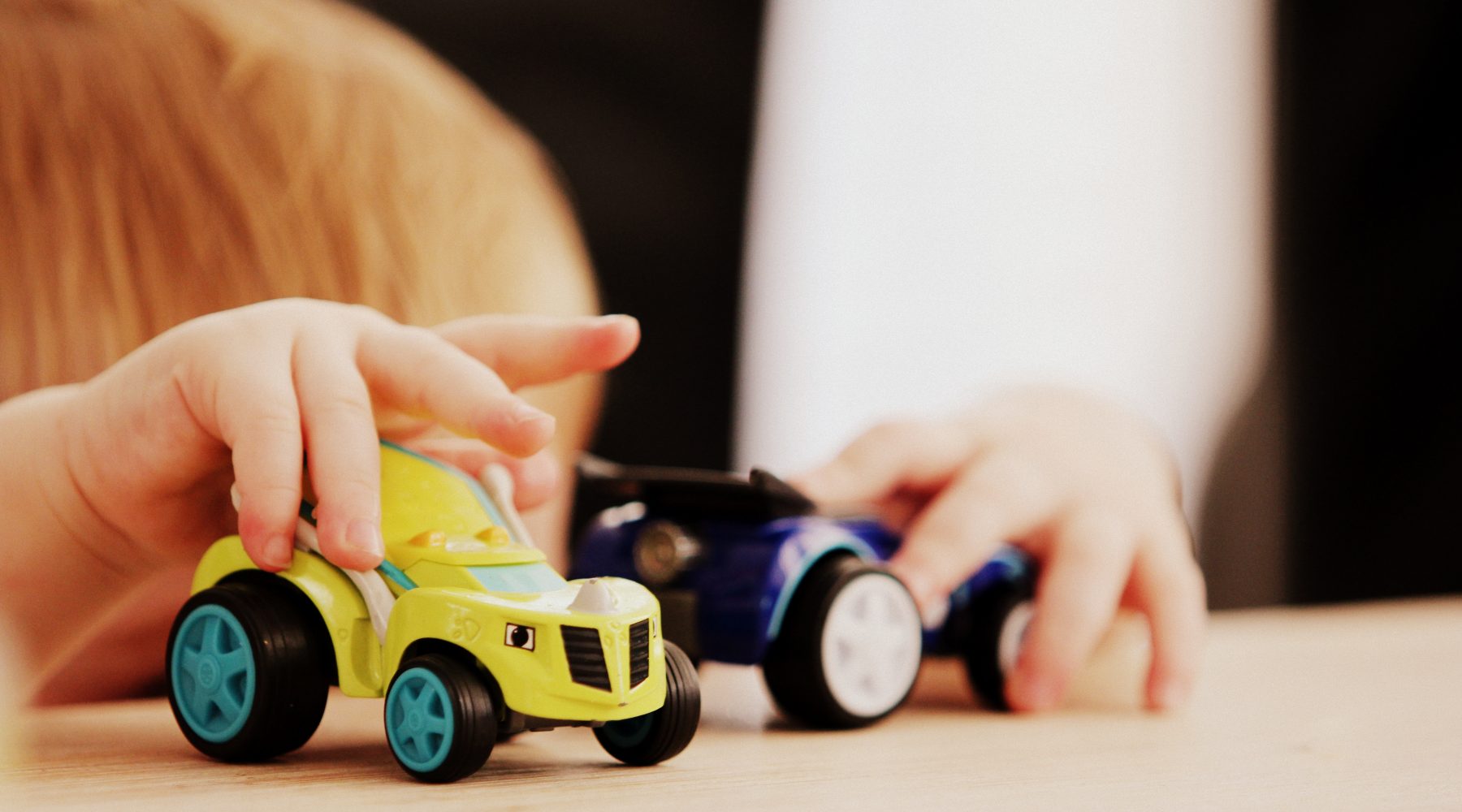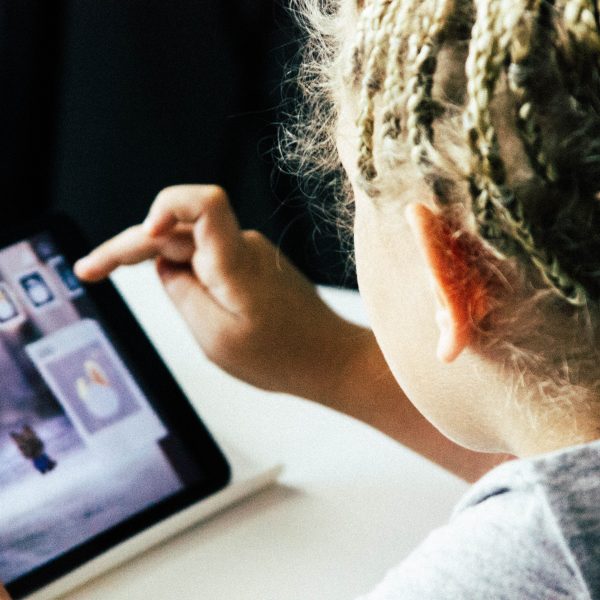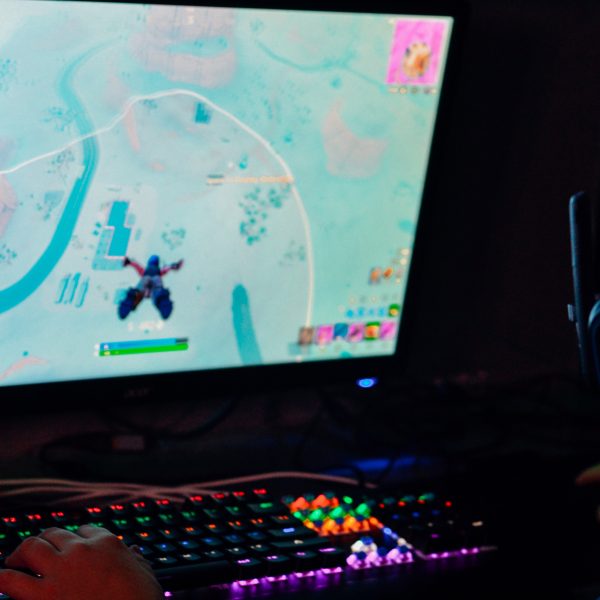WA Union calls on Government to secure ECEC participants right to play-based learning

The State School Teachers’ Union of Western Australia (SSTUWA) has called on the WA Government to secure all early childhood students’ right to access play-based learning (PBL) at WA schools.
In WA, children attend preschool (known as kindergarten) from the time they turn four until they commence formal schooling, with the first year of formal schooling known as pre-primary.
The bulk of kindergarten and pre-primary programs are Government owned and run, and operate in school-based communities. As such, the Union is striving to ensure there is no “push down” of academics more typically seen in schools into the early learning space.
The remainder of kindergarten programs provided in the state are delivered by community based Kindergartens. Staffed by education department staff, and housed separately from school sites, they provide play based opportunities for young children, and are keen to preserve the value of play based learning.
To advocate solidly for the value of PBL, the Union has recently launched the Play is Learning campaign ,urging the WA Government to “act immediately and decisively to secure PBL practice in the early years of WA schooling”.
Union President Pat Byrne said play-based learning was “vital in utilising children’s play as a context for learning”.
“It is recognised as a highly effective building block in bringing children’s learning to a higher level, it stimulates children’s cognitive, emotional and social development,” she said.
“Evidence-based research shows that adult involvement in children’s play can extend learning opportunities within the play itself, through the provision of developmentally appropriate play experiences.”
In support of the campaign, the union surveyed 617 early childhood teachers (ECTs), school administrators and principals on early childhood education (ECE) from October to December last year.
Results revealed more than 70 per cent of those surveyed experienced difficulties in trying to implement a play-based curriculum in WA classrooms.
Director of Early Childhood Education at Murdoch University, Dr Sandra Hesterman, used the responses as the basis of a research paper, The State of Play in WA. In her paper, Ms Hesterman said “Research has shown comprehensively and conclusively that PBL has far reaching benefits for children, including improved academic outcomes, wellbeing, creativity, problem-solving and social skills.”
“The biggest issue we have is many people see PBL as ‘just play’, but this is not the case. PBL is when the teacher sets up an environment with a range of activities that spark open-ended inquiry experiences and allow the child to explore what interests them, with the teacher playing a supporting role in facilitating learning when required,” she added.
Ms Byrne said union members and early childhood advocates have cited a decline in child-initiated and self-directed play in recent years from kindergarten, pre-primary and year 1 and 2 classrooms as a result of an increasing tendency towards more formalised learning at earlier stages.
“The SSTUWA supports a state-wide play strategy which outlines the benefits of PBL and promotes a balanced approach between PBL and teacher-led explicit instruction.
“Explicit instruction has its place integrated within a play-based model, but a state-wide play strategy needs to be clearly articulated under the leadership of the department to ensure that principals, educators and parents share an understanding of early childhood pedagogy and an appreciation of its importance for the wellbeing of young children.
“Our members are concerned that the setting of premature targets in early learning is having a negative effect – too much emphasis is being placed on formal assessments for young children at a very young age, the consequence of which is to limit the extent of PBL in K-3 classrooms.
“Teachers are under increasing pressure to meet assessment outcomes dictated from above by people who do not work with young children,” Ms Byrne said.
More than 80 per cent of survey participants supported more PBL in early childhood classrooms, with one respondent saying the curriculum expectations are “far too great for younger children, there is a lot of pressure for them to learn”.
The same respondent lamented that “children are not given the opportunity to discover, create, interact and gain confidence when they are being inundated with an overloaded curriculum”.
Another called for “less pressure on school leaders and teachers to achieve NAPLAN results as this interferes with a focus on play-based learning”.
Recommendations from the research paper include ECTs being consulted on PBL pedagogies and ECE curriculum development, the provision of professional learning on PBL to non-ECE teachers and school leaders and for a review on reporting requirements for ECE.
To learn more about the campaign and its anticipated outcomes, please see here.
Popular

Quality
Practice
Provider
Research
Workforce
Honouring the quiet magic of early childhood
2025-07-11 09:15:00
by Fiona Alston

Policy
Practice
Provider
Quality
Workforce
Minister Jess Walsh signals urgent action on safety and oversight in early learning
2025-07-11 08:45:01
by Fiona Alston

Workforce
Policy
Quality
Practice
Provider
Research
The silent oath: Why child protection is personal for every educator
2025-07-17 09:00:31
by Fiona Alston











